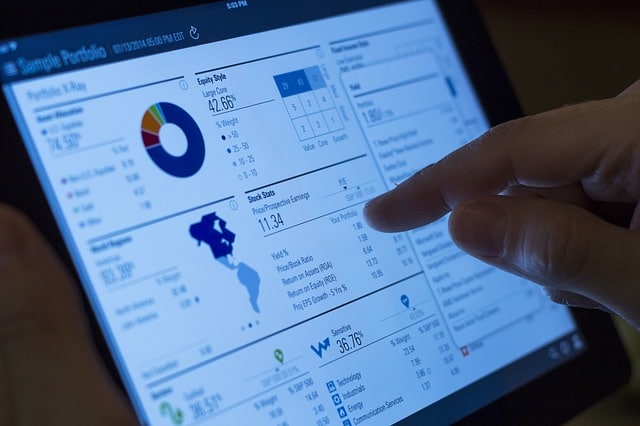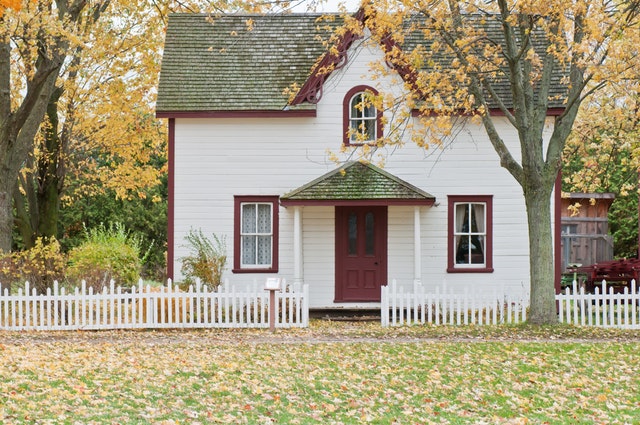Interested in investing in a property? Are you watching other successful investors building their property portfolios? You can start building your portfolio while avoiding the pitfalls of investing, without blowing your savings falling apart. Owning a home would help you discover the power of home equity and give you the kick start that you need to start investing in real estate.
Your home equity is the difference between the market value of your home and the amount you owe on your current mortgage.
To explain further,
If the value of your home is $500,000 and you still owe $160,000 on your mortgage, your equity is $340,000. If you are planning to buy an investment property, you can have access to 80% if the value of your home equity. In this example, it would be 80% of $340,000 which is $272,000. You can use this as security which frees you from having the pay for a deposit. This is also referred to as your useable equity.
How to Calculate Your Mortgage Repayments
As a common rule of the thumb, it would be advisable to multiply your useable equity by four. If you would want to calculate how much you can borrow for a property that you intend to invest in, you can follow this rule. In the example about, you can borrow as much as 1,088,000 for your investment property. However, this amount is not accurate because it is still dependent on several other factors as well as your lender.
One big factor to consider is to really check your financial numbers. Look into other details about your target investment property to avoid possible issues in the future. There are really a lot of factors to add up before taking the plunge to invest in a property. Investing in an apartment may cost extra strata fees, money allotted on the sinking fund and other costs for maintaining such property type. These expenses will impinge on the return of the investment.
Tax deductions should always be included in your computation as well. Maintenance tax may be tax deductible in some circumstances, but for maintenance costs above $2,500, your tax deductions may only be around 50% of that amount.
Do Not Forget to Repay Your First Home Loan!
Another very important consideration when investing in property through your equity is repaying your first mortgage. To be able to make your real estate venture successful, you should be able to repay your first home loan while repaying on your equity financed one. If you fail to repay them in a timely manner, you might not receive the tax breaks that you should be enjoying. Maintaining a good cash flow will make it possible for you to get a second home loan and pay for it together with your first mortgage.
Investing in real estate is easy, but you should take time to understand and measure if investing through equity is indeed something you can afford in the long run. Need expert advice ins securing a mortgage with your equity. You are at the right place here in Intellichoice.






